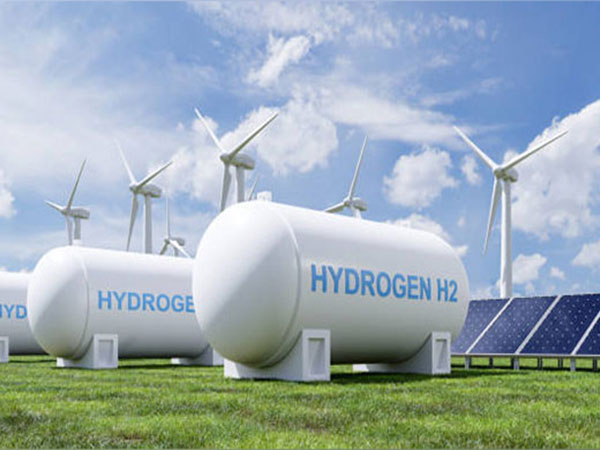India's Net-Zero 2030 Goal Hinges on Green Hydrogen Acceleration
S&P Global's report underscores the urgency for India to accelerate its green hydrogen economy to meet its 2030 net-zero emissions target. The report highlights the need for substantial investments, policy support, and structural reforms in various sectors, emphasizing the importance of green hydrogen in India's energy transition.

- Country:
- India
India's ambitious net-zero emission target for 2030 is at risk unless the green hydrogen economy sees significant acceleration, according to a report by S&P Global. Current projections suggest a delay of up to a decade in meeting the interim goals.
The green hydrogen sector is a crucial element of India's energy transition strategy, necessitating urgent investments and policy reforms. India's energy transition involves four investment pillars: energy efficiency, renewable energy, low-emission fuels, and sustainable mobility.
The government has introduced a policy framework mixing subsidies, mandates, taxes, and incentives to stimulate these sectors. Historically, subsidies and incentives have favored fossil fuels, with 37% of allocations, compared to just 5% for green energy over the past five years.
India is also developing a carbon market framework and climate finance taxonomy to facilitate green technology financing. One challenge in the energy transition is the disparity in returns between fossil fuel and green energy companies.
Despite rising interest and higher stock valuations in green energy, traditional oil and gas companies have outpaced renewable enterprises by an 8.3% average in capital returns over five years. Gas, currently 6% of India's energy mix, must increase to 15% by 2023 to aid in coal transition.
Recognizing the need for 30 critical minerals, India has created Khanij Bidesh India to secure global access, but must also emphasize domestic exploration. Power sector reforms are essential to address inefficiencies and enhance grid reliability.
Improving energy productivity in industries and public transport, promoting energy-efficient technologies, and expanding cooling solutions are vital. Securing raw materials, creating a skilled workforce, and boosting local manufacturing for batteries, electrolysers, and PV systems are crucial steps.
To scale clean energy investments, fostering an environment for green bonds and innovative financing is key. Strengthening financial institutions to manage green projects will attract private capital. Promoting off-grid renewable solutions and supporting technological research will be crucial, especially in rural areas. Public-private partnerships can drive significant technological advancements. (ANI)
(With inputs from agencies.)
ALSO READ
CMA CGM Announces New Energy Transition Surcharge to Meet EU Legislation
AfDB Approves $10M Investment to Boost Sustainable Infrastructure and Energy Transition in West Africa
India's Path to Becoming a Global Energy Transition Leader
China's Oil Peak: A New Era of Energy Transition
AfDB President Highlights Japan-Africa Partnership in Agriculture and Energy Transition at 2024 Africa Investment Forum










